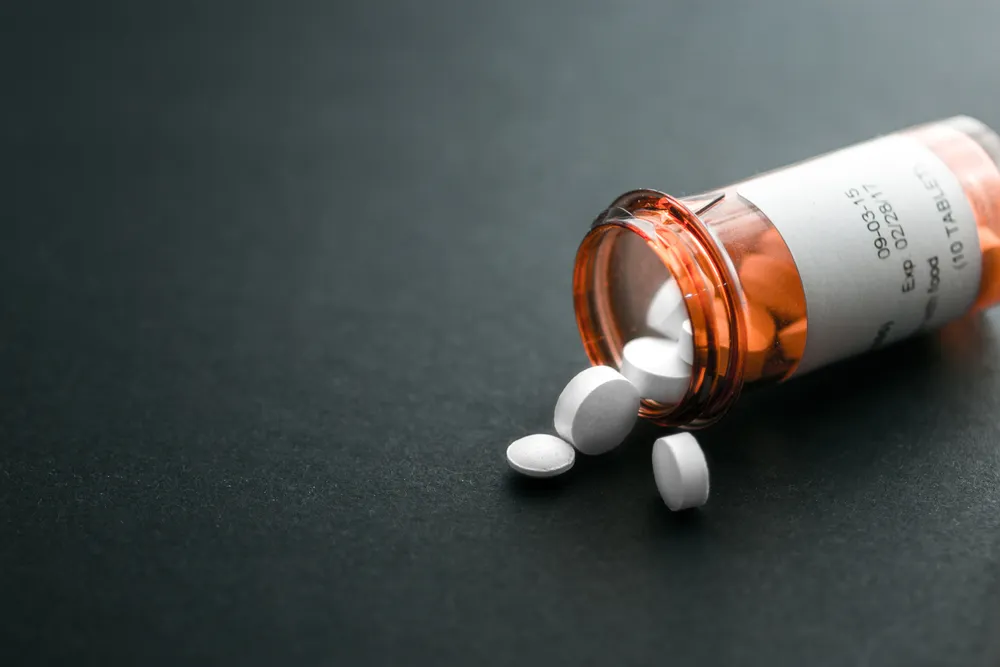This comes despite the fact that up to 80% (as the review points out) of the public believe that depression is caused by low serotonin or a chemical imbalance in the brain.
Researchers also looked at studies where serotonin levels were artificially lowered in hundreds of people and concluded that lowering serotonin in this way did not produce depression in hundreds of healthy volunteers.
The idea that serotonin might be involved in depression was first proposed in the 1960s, and became known as the serotonin theory of depression. The public messaging started in the 1990s when the pharmaceutical industry was marketing its new range of antidepressant drugs, the Selective Serotonin Reuptake Inhibitors ( SSRIs) such as Prozac.
The study’s lead author, Joanna Moncrieff, a professor of psychiatry at University College London and consultant psychiatrist at North East London NHS foundation trust explains,
“Many people take antidepressants because they have been led to believe their depression has a biochemical cause, but this new research suggests this belief is not grounded in evidence….It is high time to inform the public that this belief is not grounded in science.”
This is concerning given the fact that drugs like antidepressants change normal brain chemistry. They blunt both negative and positive emotions, and multiple studies have shown that they may only act through inducing hope (the placebo effect). Even if they can produce a more adequate hit of serotonin to the brain for a short period of time, there are more questions to be asked.
The researchers explain:
“Despite the fact that the serotonin theory of depression has been so influential, no comprehensive review has yet synthesized the relevant evidence.
Our comprehensive review of the major strands of research on serotonin shows there is no convincing evidence that depression is associated with, or caused by, lower serotonin concentrations or activity. Most studies found no evidence of reduced serotonin activity in people with depression compared to people without, and methods to reduce serotonin availability using tryptophan depletion do not consistently lower mood in volunteers.”
These concerns have been permeating medical literature for years.
A New England Journal of Medicine review on Major Depression from 2005 is one of multiple examples,
“… numerous studies of norepinephrine and serotonin metabolites in plasma, urine, and cerebrospinal fluid as well as postmortem studies of the brains of patients with depression, have yet to identify the purported deficiency reliably.”
People need this information in order to make properly informed decisions about whether to take antidepressants or seek alternative methods.
“Our view is that patients should not be told that depression is caused by low serotonin or by a chemical imbalance, and they should not be led to believe that antidepressants work by targeting these unproven abnormalities. We do not understand what antidepressants are doing to the brain exactly, and giving people this sort of misinformation prevents them from making an informed decision about whether to take antidepressants or not.”
This research begs the question, why was the idea that serotonin is the cause or part of the cause of depression so widely endorsed in the scientific literature in the 1990s and 2000s?
The best explanation seems to be clever marketing. In 2012, the NEJM published 73 articles on original studies of new drugs, which represented drugs approved by the FDA since 2000. It was found that 82 percent of them had been funded by the pharmaceutical company selling the product, and 68 percent of them had authors who were employees of that company.
 More than 80 percent of the public believes that depression is caused by a chemical imbalance (low serotonin) in the brain. Why? Where is the evidence? Let’s explore.
More than 80 percent of the public believes that depression is caused by a chemical imbalance (low serotonin) in the brain. Why? Where is the evidence? Let’s explore.


